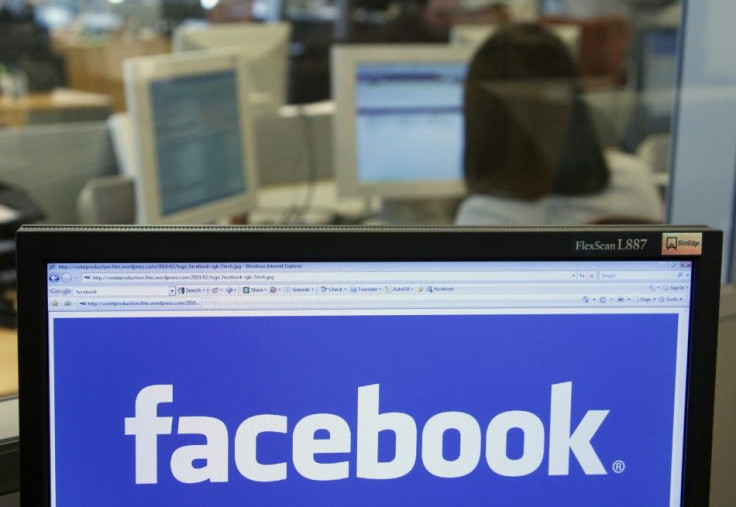China to buy Facebook Stake, Microsoft to Help Baidu: Should We Worry?

There haven't been any radical political or administrative changes happening in China recently. Nor have there been any reports that said China is reconsidering its Internet censorship regulations. The country notorious for jailing bloggers and blocking Web sites, including Facebook, Twitter and YouTube, is planning to buy a significant chunk of Facebook's stake, according to a BusinessInsider report.
The source, who works at a fund that buys stock from former Facebook employees, was quoted by BusinessInsider as saying that Chinese officials approached to seek help from him to help China put together a stake large enough to matter. According to another unnamed source quoted by BusinessInsider, Citibank is working closely to help two sovereign wealth funds -- China's and another from the Middle East -- to acquire Facebook stocks worth $1.2 billion.
It is being speculated that if China succeeds in acquiring enough Facebook shares, Facebook users' online privacy will be compromised, as Facebook will be forced to divulge user information to the Chinese regime.
However, Facebook being a private company, China needs to get Facebook's approval for buying shares. Nevertheless, since Facebook has always had plans to launch the network in China, it will be hard to guess Facebook's decision on the matter.
Industry watchers say since Facebook is planning for a $100 billion IPO, even a billion-dollar stake in Facebook isn't big enough. Since China would be buying non-voting stock, the country would have no say in Facebook's operations. Also, Facebook shareholders don't always get chance to peep into the confidential user database.
While Facebook-China deal remains a rumor with both Facebook and Citibank representatives declining to comment, Microsoft's Bing search engine will provide English-language search results for Baidu, China's largest search engine, the companies announced Monday.
Microsoft's search engine Bing, which hasn't been able to break Google's stronghold in global search engine market, would be more than happy to gain access to China's roughly 480 million Internet users, through the new deal. The terms and conditions of the Microsoft-Baidu deal haven't been made public.
Baidu is notorious for Internet censorship and had been sued by pro-democracy activists for violating the U.S. constitution by the censoring it conducts in accord with the demand of the Chinese government. Internet companies of China, without many exceptions, had also been accused of divulging user data unethically resulting in the imprisonment of pro-democracy activists. In the new venture, Microsoft will have to carry out a balancing act with regard to Chinese government's tough policies.
© Copyright IBTimes 2025. All rights reserved.






















